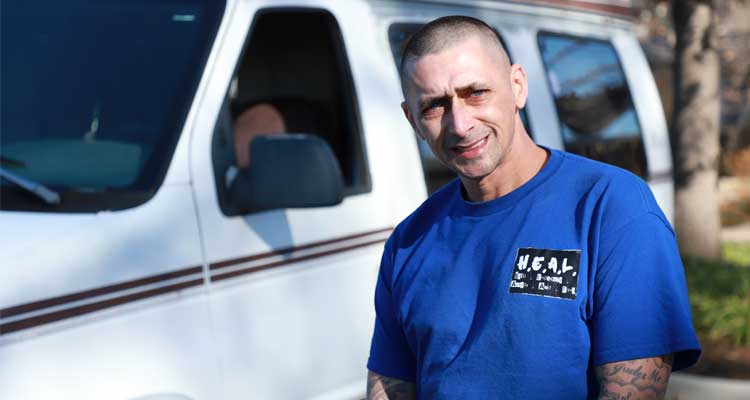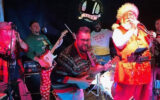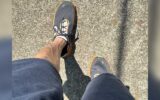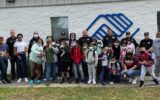In the wake of 9/11, like countless other young Americans, David Riggins, a high school senior found his patriotism ignited and answered the call to serve. But what began as an act of courage would set in motion a two-decade battle—not with foreign adversaries, but with an enemy that would prove far more insidious: opioid addiction.
“There was this unprecedented surge of people joining the military,” Riggins says. “Some safety precautions were inevitably overlooked.” During jump school training, a failed safety harness sent him plummeting 15 feet, devastatingly tearing both ACLs and MCLs in his knees. The injury would lead to 14 months in physical therapy and an honorable medical discharge—along with a prescription that would alter the course of his life.
For seven years following his injury, opiates prescribed by his doctor became a constant companion. What began as legitimate pain management gradually morphed into something darker. “By about four years in, I started taking them because they made me feel good, more than for the pain,” Riggins admits. When government regulations forced doctors to reduce prescriptions, the spiral began in earnest.
A “friend” offered to help fill the gap, but the street prices proved unsustainable. Then came the fateful introduction to heroin—cheaper, they said, with the same effect. The descent was swift and merciless. Within two years, he had lost his medical prescriptions for doctor shopping, his wife had left after he refused rehab, and he found himself homeless on the streets of Danville, sleeping in abandoned houses between jail stints.
“I got to the point where I didn’t plan or care about tomorrow because I didn’t ever expect to live through the day,” he reflects.
The turning point came on December 20, 2022, in the cruelest of ways. Unconscious from fentanyl, he suffered third-degree burns on 85% of his leg when a kerosene heater fell on him. The injury led to six major surgeries at UNC Chapel Hill’s burn unit, ultimately resulting in a below-knee amputation.
Yet sometimes it takes losing something to find everything. During his hospital stay, a stark reality emerged: while his street “friends” were nowhere to be found, his long-estranged family never left his side. “My eyes had been opened to just how little I mattered to the people from the ‘streets,'” he says. Upon discharge in February 2023, Riggins knew he faced a choice between life and death. He chose life.
The road wasn’t easy. After successfully weaning off methadone, complications led to a bone infection in his amputation site. Facing a second, above-knee amputation in October 2023, he made an extraordinary request: to undergo the surgery without opiates. Though doctors initially resisted, he persisted, requiring only a minimal dose post-surgery for dangerous blood pressure spikes. He left the hospital just 21 hours after surgery—a testament to his unwavering commitment to sobriety.
Today, he’s transformed his struggle into purpose through the HEAL family—Help, Empathize, Accept & Love. His advocacy work has touched thousands, from speaking at the Lost Voices of Fentanyl rally in Washington DC to planning a nationwide awareness tour in a converted van. He documents his journey on YouTube, inspiring others who face similar battles.
Among Riggins’ proudest achievements was returning to Danville in August 2024 to distribute 2,000 doses of Narcan, the very community where he once hit rock bottom. Earlier that year, he organized HEAL24, an overdose awareness skydiving event where jumpers wore memorial shirts bearing the faces of those lost to addiction—an event that will now be held annually.
“I lost my leg but found my life,” Riggins often says, a powerful reminder that rock bottom can become a foundation. Through his work with the HEAL family, he’s showing others that addiction doesn’t have to be the end of their story—it can be the beginning of a new one.
Riggins’ message to those still struggling is simple but powerful: “So long as we still have breath in our lungs, we have the capability to become productive members of society.” It’s a message he lives every day, turning his pain into purpose and his struggle into strength, proving that sometimes our deepest wounds can become our greatest gifts to others.
For more information about David Riggins visit https://heal-family.com/









